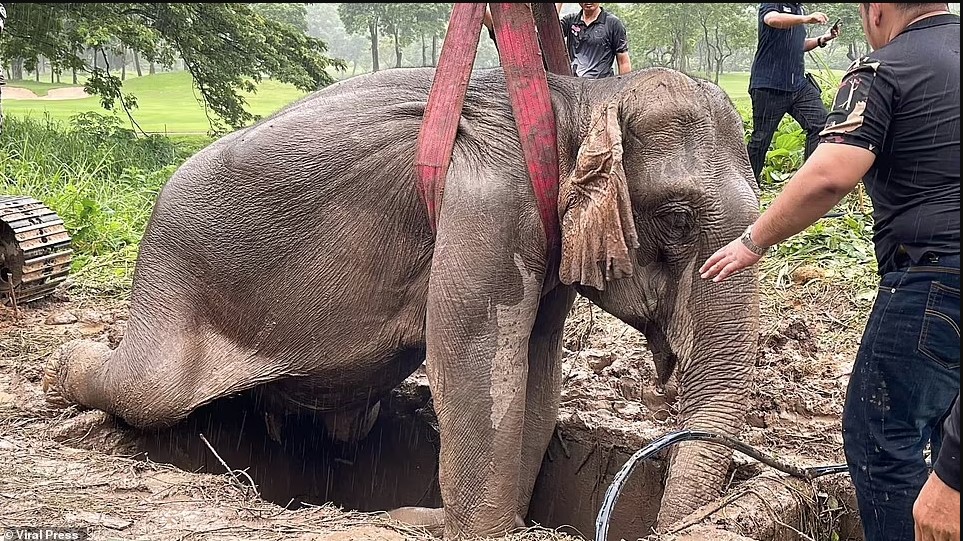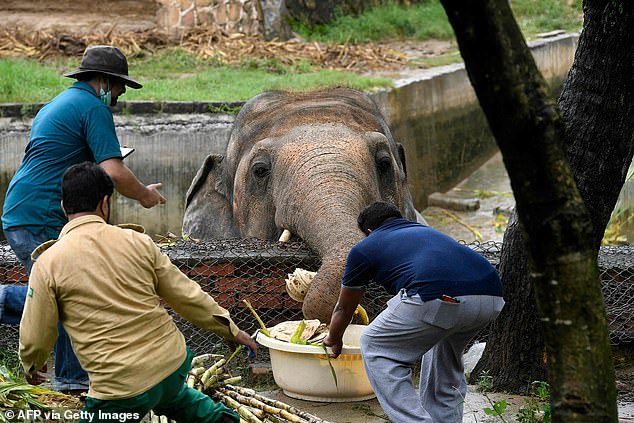When an orca became entangled in a net in Indonesian waters recently, it was fishermen who came to its rescue. The whale swam into trouble near Sulawesi, an island some 500 miles east of Borneo.

Several members of the fishing crew jumped into the water to aid the struggling cetacean, a move that’s received mixed reactions online. While the motivations were admirable, it’s important to remember that wild animals can behave erratically when stressed. And when you’re dealing with a four-tonne marine mammal, even an accidental tail flick can do damage.

“It seems an entanglement workshop is needed in [the area] to help us better handle similar situations,” said Whale Stranding Indonesia (WSI) while also expressing concern about the fishermen’s use of a bamboo pole.
Contrary to some comments on social media suggesting the orca was harmed, the animal actually swam away in seemingly good condition. No carcass has been spotted in the area since, and at the time of posting, the whale had yet to be seen again. Those are positive signs that point to survival.
But the rescue does illustrate just how dangerous discarded or poorly managed fishing gear can be for large marine life. And because of their breathing needs, an incident like this can be fatal for these black-and-white behemoths. Some deep divers (like sperm whales) can hold their breath for an impressive 90 minutes, but orcas need to surface much more frequently. They typically take several brief and shallow dives, followed by a deeper dive that keeps them submerged for three to five minutes.
“Clearly the hearts are already in the right place,” said the WSI team of the fishermen’s efforts. “These fishers were never trained on how to release an entangled animal, so the fact that they were helping the orca instead of letting it drown is already commendable.”
However, in some countries (including the United States) rescue attempts like this one are actually punishable by hefty fines because regulations prohibit people from approaching marine mammals, regardless of the circumstances. It’s a contentious issue – keeping a safe distance versus stepping in to help a struggling animal. But rescue attempts by untrained individuals can easily go awry, with potentially dangerous consequences for both whales and their human helpers. The best course of action is to call for expert help.








